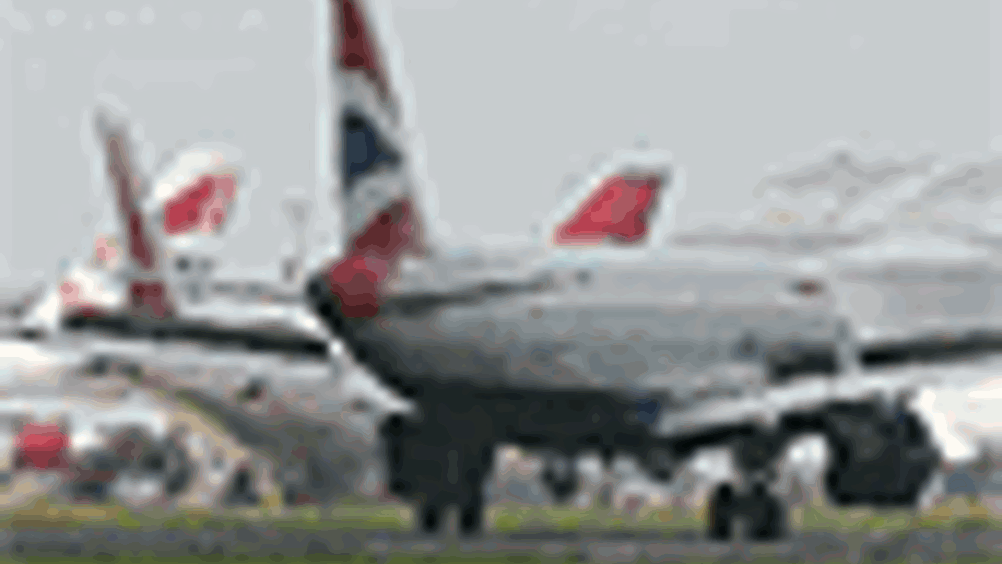IATA requests global CO2 targets

The director-general of the International Air Transport Association (IATA) has called on governments to set global targets for reductions in CO2 emissions.
Giovanni Bisignani, IATA's director-general and chief executive, asked delegates attending the Greener Skies Conference in
The plan includes asking governments to develop challenging industry targets that will stabilise and eventually reduce aviation's carbon emissions.
These emissions, he suggested, should be managed through the International Civil Aviation Organisation (ICAO) under a new Kyoto II framework by treating aviation as a global industrial sector.
Bisignani said governments should also invest in efficient infrastructure, particularly air-traffic management, and establish fiscal and legal frameworks to promote the rapid development of biofuels for aviation.
He said: 'The aviation industry takes its environmental responsibility seriously. Our vision is for carbon-neutral growth on the way to a carbon-free future and we have challenging targets to guide us.'
The IATA claims there is wide commitment to the environment in the aviation industry. The organisation has revealed an industry working paper representing airlines, airports, air navigation service providers and manufacturers on the subject.
Register now to continue reading
Thanks for visiting The Engineer. You’ve now reached your monthly limit of news stories. Register for free to unlock unlimited access to all of our news coverage, as well as premium content including opinion, in-depth features and special reports.
Benefits of registering
-
In-depth insights and coverage of key emerging trends
-
Unrestricted access to special reports throughout the year
-
Daily technology news delivered straight to your inbox










Water Sector Talent Exodus Could Cripple The Sector
Maybe if things are essential for the running of a country and we want to pay a fair price we should be running these utilities on a not for profit...